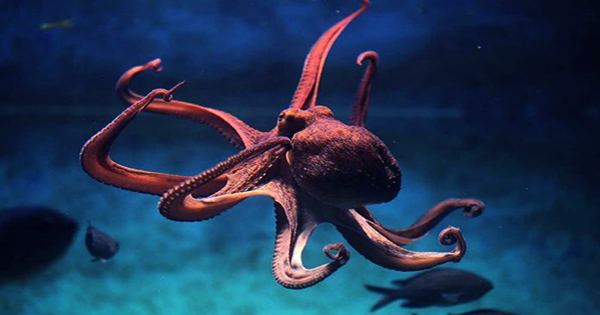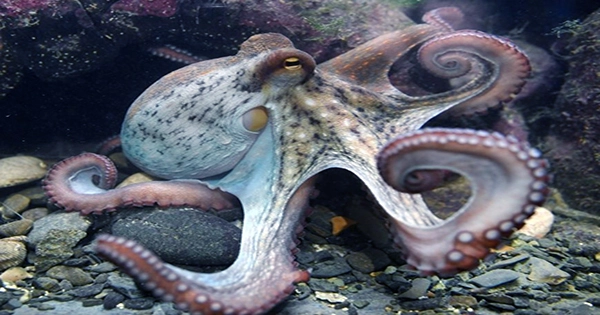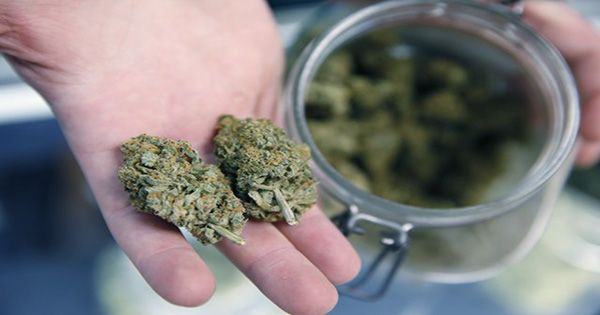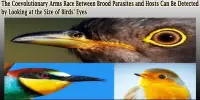The first commercial octopus farm in Spain could operate soon, according to the aquaculture behemoth Nueva Pescanova. The decision is the result of decades of research by the business, which believes it has cracked the code for large-scale breeding, which has historically been tough with these animals. However. Not everyone agrees that this is sufficient justification for mass-farming such intelligent creatures.
Nueva Pescanova invested €65 million ($74 million), but the benefits include the creation of hundreds of employment in Gran Canaria and the production of roughly 3,000 tons of octopus meat per year by 2026. It will be a costly operation, but with octopus meat’s popularity nearly increasing in the last decade, it will almost certainly be profitable, given that meeting current demand through ocean fishing alone isn’t sustainable.

While octopus aquaculture, like all farms, would lessen pressure on wild populations, the method has long been a source of controversy due to the high mortality rate of animals reared and bred in captivity. Octopus farming experiments in Australia produced good meat yield in small juveniles acquired from the wild and raised in captivity, but they were unable to support the paralarvae, the octopus’s earliest stage. Despite the fact that the trapped juveniles generated more meat than ocean-to-table fishing, the procedure still required wild animal harvesting.
Nueva Pescanova claims to have broken through this barrier by creating the required conditions for captive mass breeding, but is this ethical? Last year, an independent evaluation of over 300 research found “strong scientific evidence decapod crustaceans and cephalopod mollusks are sentient,” and octopuses were given sentient status in the UK.
Meanwhile, the United States continues to fight for the designation of octopuses and other cephalopods as “animals” in federal studies. According to a study published in 2021, octopuses experience emotional and physical pain and will take attempts to avoid difficult situations and treat pain caused by injections. This demonstrates that, unlike other invertebrates, octopuses not only record pain but also perceive it as a negative experience – a level of cognition that does not fit well in captivity.
Octopuses are solitary organisms by nature, only meeting other octopuses momentarily to fight or copulate during their limited existence. In order to achieve a high quality of life in captivity, a naturalistic habitat large enough for personal space is required – a formula for farming that is rarely profitable enough to be worthwhile. Is it, therefore, worthwhile? For the time being, it is up to the Canary Islands’ environmental agency to make a decision.
















